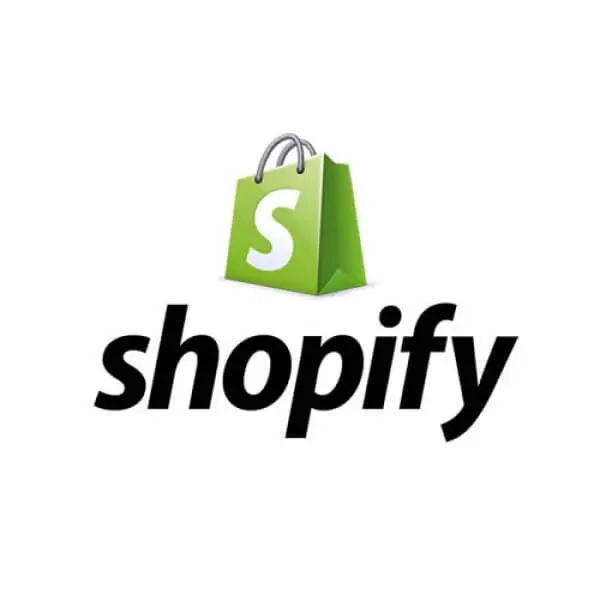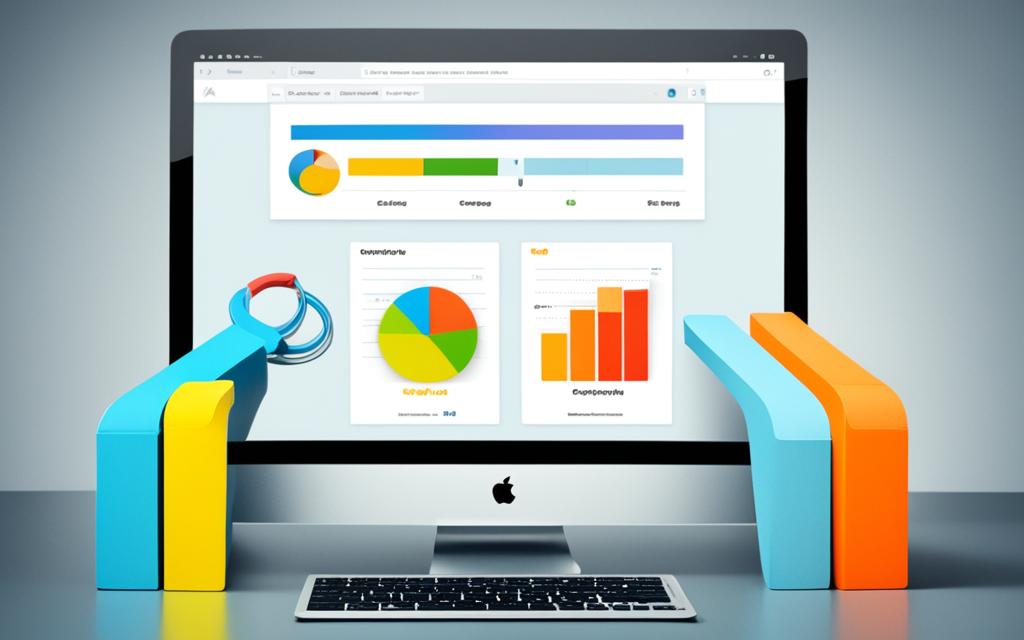Shopify is a renowned ecommerce platform known for its user-friendly interface and streamlined setup process.
With its intuitive drag-and-drop editor, Shopify makes it easy for businesses, even those with limited technical expertise, to create and manage their online Shopify stores.
The platform’s comprehensive suite of features and customization options allows merchants to tailor their Shopify stores to their unique brand and customer needs.
Mijndomein is another versatile website and estore platform that caters specifically to the needs of Dutch businesses.
Known for its user-friendly interface and comprehensive features, Mijndomein empowers entrepreneurs and small-to-medium-sized enterprises to establish a strong online store presence and effectively reach their target audience.
Today, we are going to keep these platforms next to each other, evaluating their offerings and limitations. This will help you decide which one to go with.
Let’s begin.
Shopify vs Mijndomein: Key Differences
While both Shopify and Mijndomein offer intuitive user interfaces, there are notable differences in their design flexibility and customization capabilities.
Shopify is known for its drag-and-drop editor and wide range of pre-designed themes, allowing Shopify merchants to quickly create visually appealing Shopify online stores.
Mijndomein, on the other hand, offer more granular control over the design and layout of a Mijndomein online store, catering to businesses with specific branding requirements.
Also Read: Shopify vs Fourthwall
User Interface & Design Flexibility
Shopify’s user-friendly interface and extensive theme library make it a popular choice for businesses looking to establish a professional online presence with minimal technical expertise.
Mijndomein offers customization options, empowering merchants to tailor the look and feel of their Mijndomein ecommerce platform to align with their brand identity.
Try Shopify free followed by first month at just $1. No credit card required. Limited Time Offer.
Pricing & Cost Structures
The pricing and cost structures of Shopify and Mijndomein vary, with each platform offering different subscription plans and associated fees.
Shopify’s pricing is based on a tiered subscription model, with options ranging from the Basic plan ($29/m) to the advanced Plus plan ($2300/m).
Mijndomein.nl offers a variety of pricing plans for different services. They provide domain name registration starting from just €0.30, with over 1 million domain registrations and 260 thousand customers.
Additionally, they offer web hosting packages to help individuals and businesses establish their online presence, including services like secure email hosting, webshop creation, and website building on WordPress.
Mijndomein emphasizes providing products at competitive prices that can scale with the growth of a business.
Payment Gateway Integration
Shopify offers a wide range of payment gateway options, including its own Shopify Payments solution, as well as integration with popular third-party providers.
Mijndomein provides seamless payment gateway integration, potentially offering more localized and region-specific options tailored to the Dutch market.
Also Read: Shopify vs Salla
Market Presence & User Base
Shopify’s utilization by websites is significantly higher compared to Mijndomein, indicating its broader global reach and market dominance.
Over 4.8 million stores globally use Shopify, suggesting its widespread adoption among businesses of all sizes.
However, it’s important to note that Mijndomein hold a stronger foothold within the Dutch ecommerce landscape, catering specifically to the needs of businesses operating in the regional market.
Check Out: Shopify vs ClickFunnels
Security & Compliance
Both Shopify and Mijndomein provide SSL (Secure Sockets Layer) certificates to their users, encrypting the communication between the customer’s browser and the ecommerce platform.
This helps safeguard against unauthorized access and data breaches, instilling trust in customers and ensuring the integrity of their personal and financial information.
Try Shopify free followed by first month at just $1. No credit card required. Limited Time Offer.
However, the specific data protection measures and compliance standards implemented by Shopify and Mijndomein may vary.
Businesses should carefully evaluate the level of security and data privacy offered by each platform to ensure they meet the relevant industry regulations and customer expectations regarding Shopify, SSL certificates, data protection, and ecommerce compliance.
Check Out: Hostinger vs Shopify
Integrations & Third-Party Apps
The availability and quality of third-party integrations and apps can significantly enhance the functionality and customization of an ecommerce platform.
Shopify’s robust App Store provides merchants with access to thousands of specialized apps and plugins, covering a wide range of features and capabilities, from marketing tools to inventory management systems.
This extensive ecosystem allows Shopify users to tailor their online stores to their unique business needs.
While Mijndomein may not have the same level of third-party app integration as Shopify, the platform does offer its own selection of extensions and plugins that can be used to enhance the functionality of an online store.
These Mijndomein-specific integrations provide specialized features and solutions tailored to the needs of Dutch businesses, enabling them to customize their ecommerce experience effectively.
Customer Support & Resources
Shopify is renowned for its comprehensive customer support, providing merchants with access to a wide range of resources, including a detailed knowledge base, video tutorials, and 24/7 live chat assistance.
Shopify’s customer support team is highly trained and knowledgeable, offering expert guidance on a variety of topics, from store setup and product management to marketing and sales strategies.
The commitment to customer success is a key factor that has contributed to Shopify’s strong reputation within the ecommerce industry.
Mijndomein also places a strong emphasis on customer support and resources. The Mijndomein team offers dedicated support channels, including email, phone, and a comprehensive help center, catering to the unique needs of its user base.
Additionally, Mijndomein provides a range of educational materials, such as step-by-step guides and webinars, to help its customers maximize their ecommerce expertise and effectively manage their online stores.
Search Engine Optimization (SEO)
Shopify’s built-in SEO features include the ability to customize page titles, meta descriptions, and alt text for images, as well as the integration of Shopify’s own SEO best practices.
The platform also provides SEO-optimized URLs and sitemaps, making it easier for search engines to crawl and index your Shopify store.
Additionally, the extensive Shopify App Store offers a wide range of SEO-focused apps and integrations to further enhance your online visibility.
Try Shopify free followed by first month at just $1. No credit card required. Limited Time Offer.
Mijndomein, on the other hand, also offers SEO-friendly tools and features to help your Dutch-based ecommerce business improve its search engine rankings.
The platform provides options to optimize page titles, meta descriptions, and alt text, as well as the ability to submit sitemaps and manage your robots.txt file.
Mijndomein’s extensions and plugins include specialized SEO tools tailored to the needs of Dutch businesses, helping you better navigate the unique search engine landscape in the Netherlands.
Try Shopify free followed by first month at just $1. No credit card required. Limited Time Offer.
Conclusion – Who Wins?
Your ecommerce platform selection should be driven by your business requirements, platform features, and the overall decision-making process.
Carefully assess the ease of use, scalability, and pricing structures of both Shopify and Mijndomein to determine which platform best fits your current and future needs.
Shopify is a leading platform due to its commerce-first approach, scalability, robust features, and high-converting checkout process, powering over a million businesses globally.
On the other hand, Mijndomein.nl focuses more on domain registration, web hosting, and basic website building and estore features, with a focus on simplicity, affordability, and green hosting solutions.
If you are based out of Netherlands and have your audience primarily in that region, Mijndomein is a good option, offering quick and easy online presence.
But for extensive ecommerce features and functions, consider Shopify.














